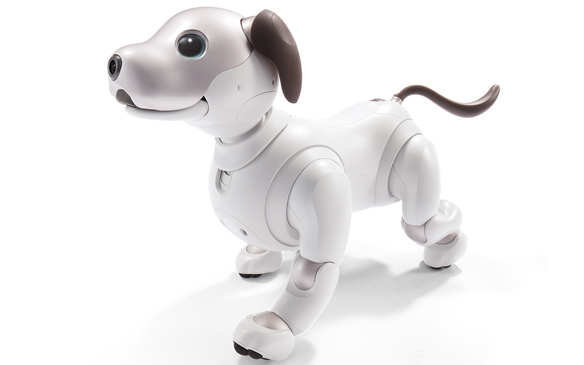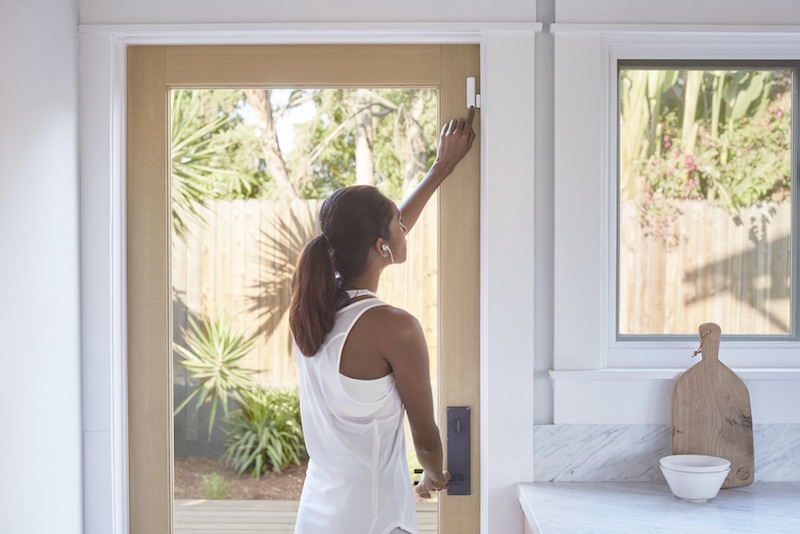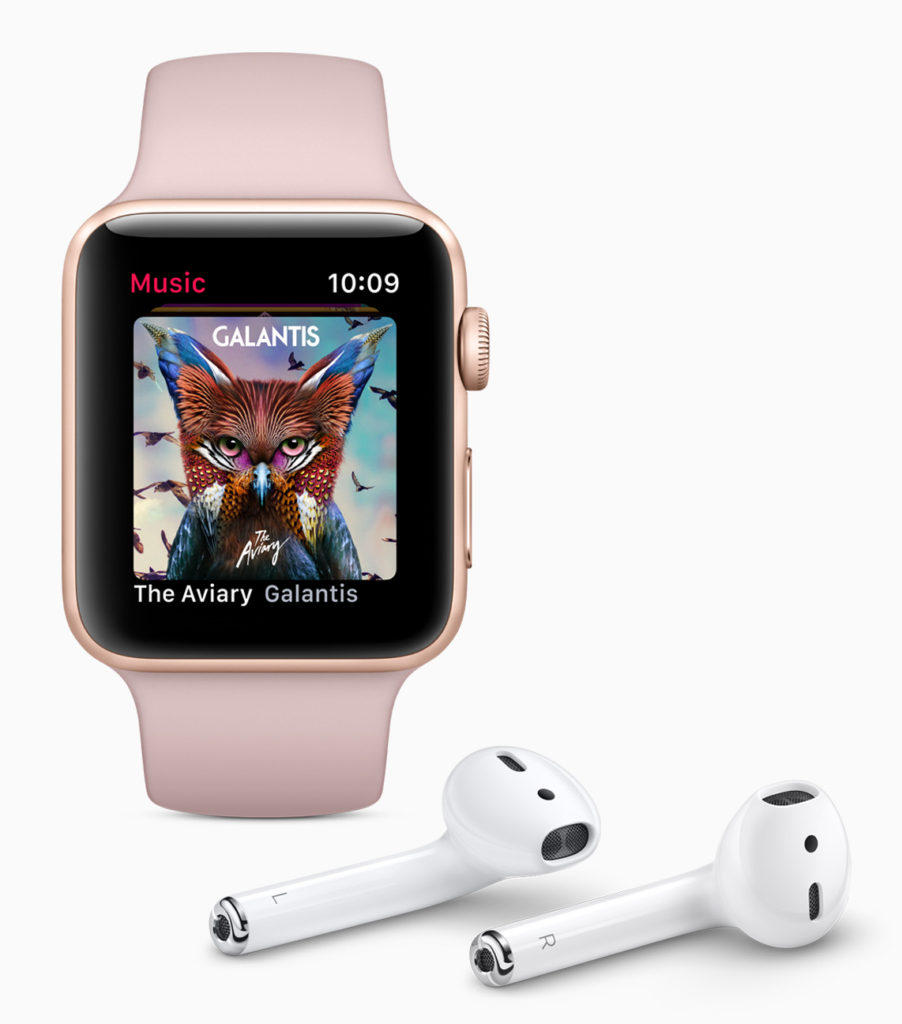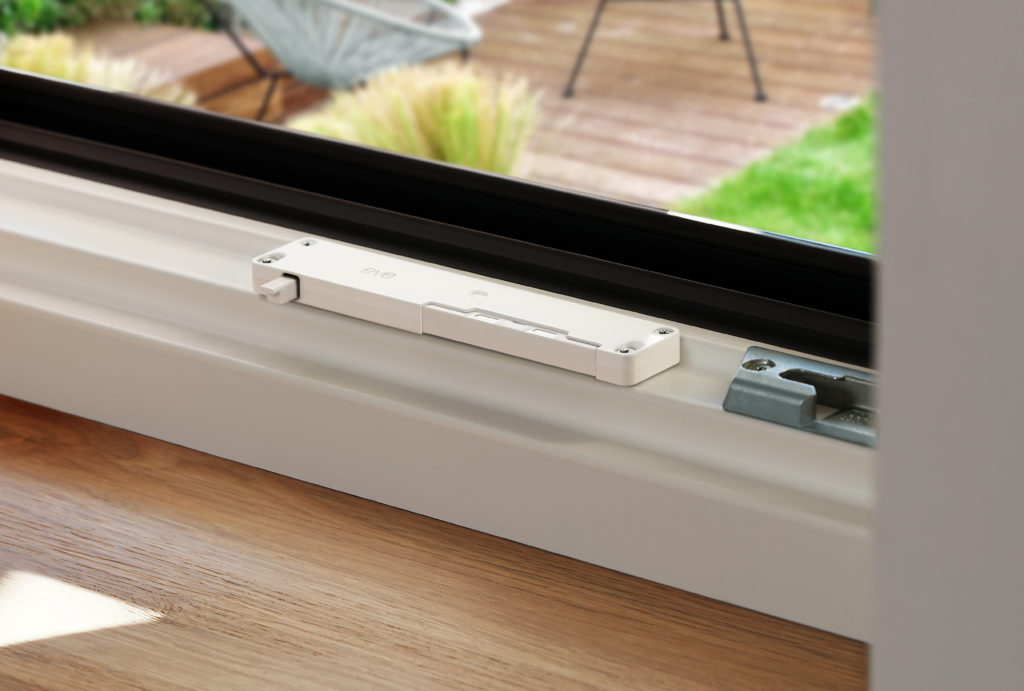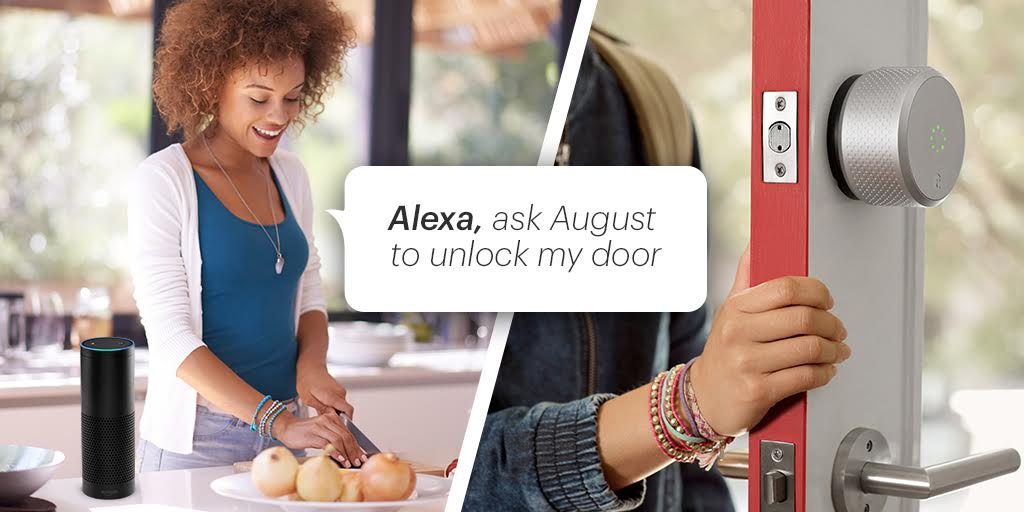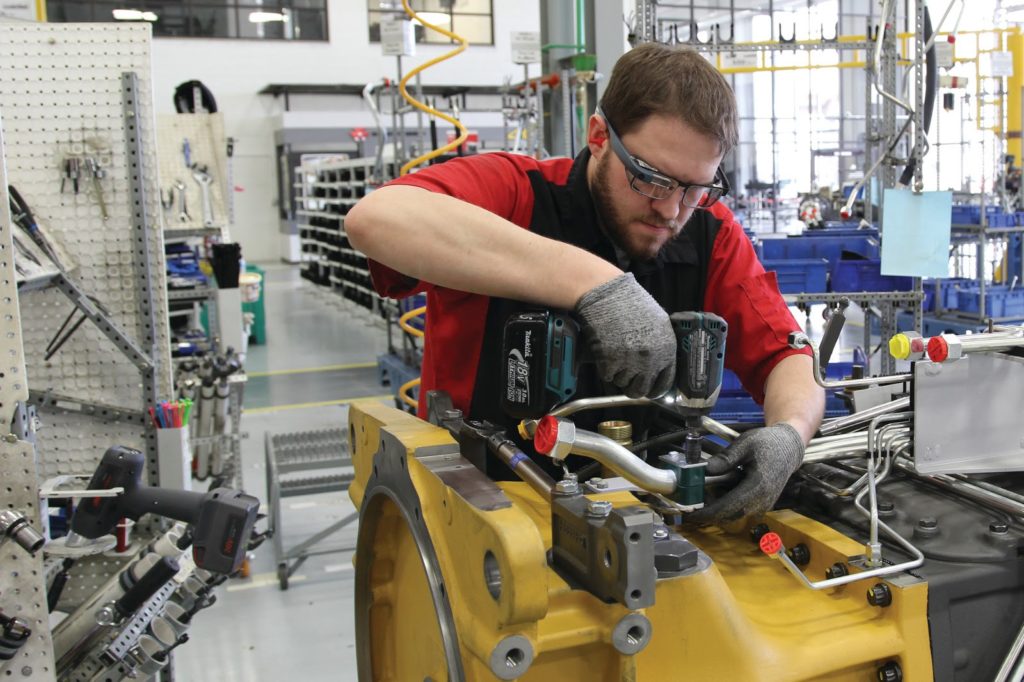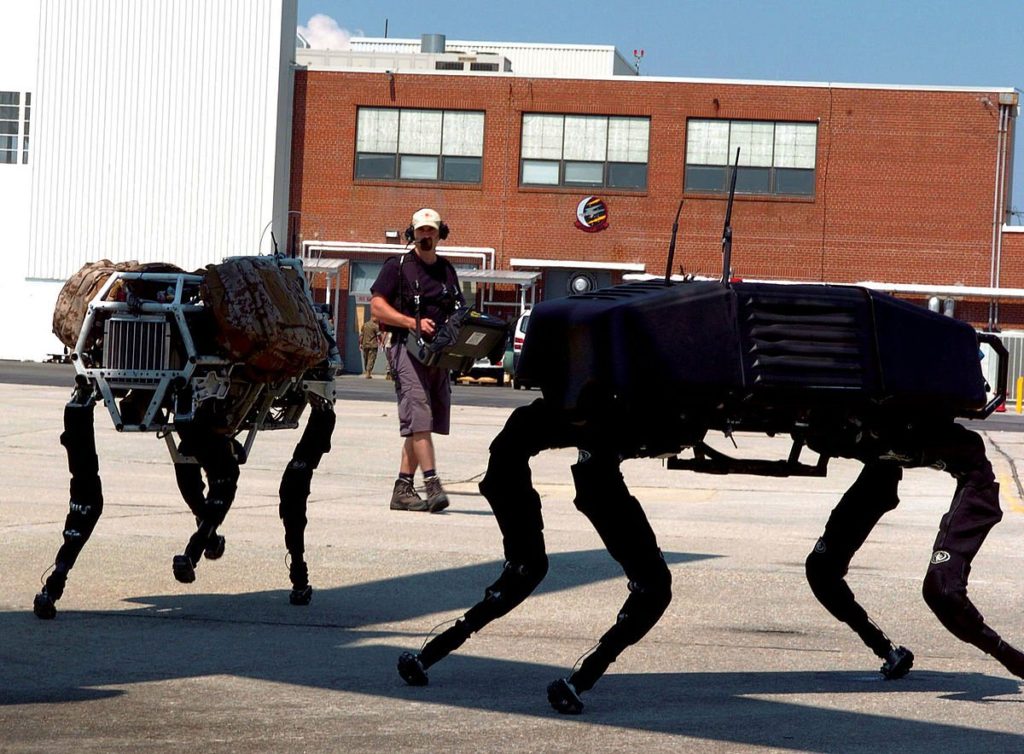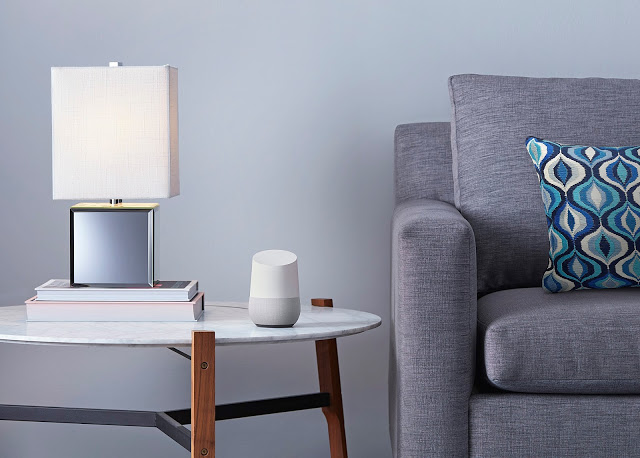There was a lot of small news this week including updates to the Google Home/Assistant ecosystem that Kevin and I discuss on this week’s podcast. I share my feelings on the Google Mini and then we segue into a conversation about Google’s new AI framework for embedded devices that launched this week. We also discuss the push by smart home and lock companies to give delivery or service people access to your home. SmartThings gets local control for some devices this week. Kevin reviews the Wink Lookout security bundle and we take a listener question about what to look for in a smart home camera.

Our guest this week is awesome. I speak with Michael Sherwood, Director of Technology and Innovation City of Las Vegas, about plans for a traffic light that detects pollution and can send cars along before it builds up, and what it really means to build a smart city. Sherwood shares a lot of good insights about the challenges of building a smart city that we don’t often see. It’s a good show.
Hosts: Stacey Higginbotham and Kevin Tofel
Guests: Michael Sherwood Director of Technology and Innovation City of Las Vegas
Sponsors: SparkCognition and ADT
- Google’s making some changes to Now and Google Assistant
- Who would you let into your home alone?
- Wink’s new security system has one big flaw
- How a smart city gets that way
- This is the biggest challenge halting innovation in smart cities
Podcast: Play in new window | Download | Embed
Subscribe: RSS

